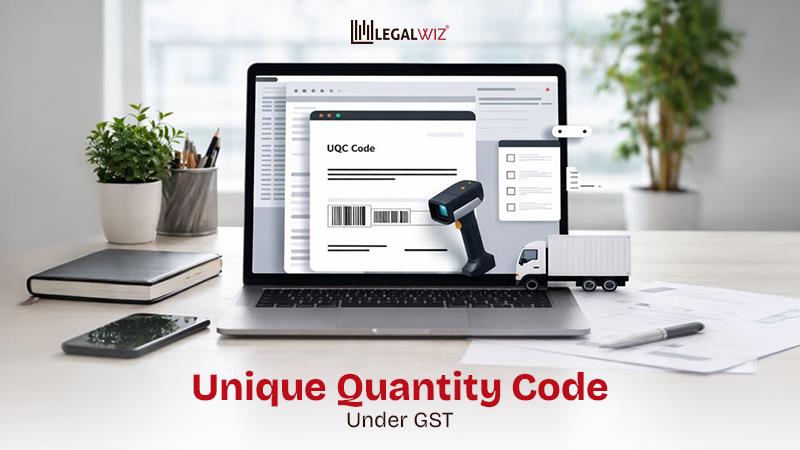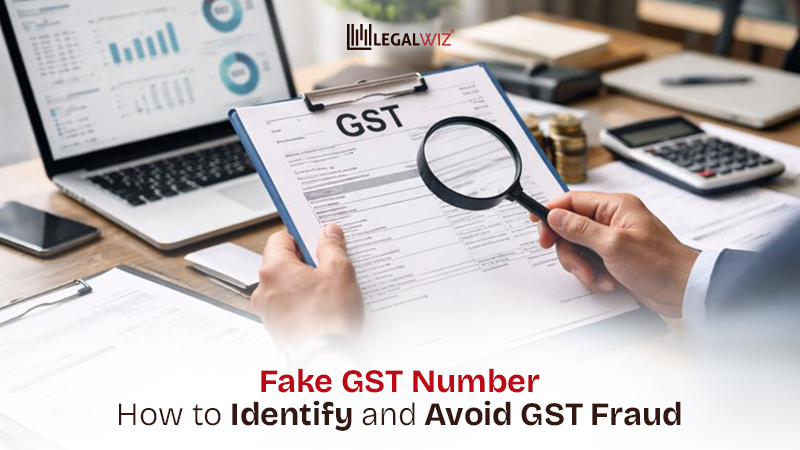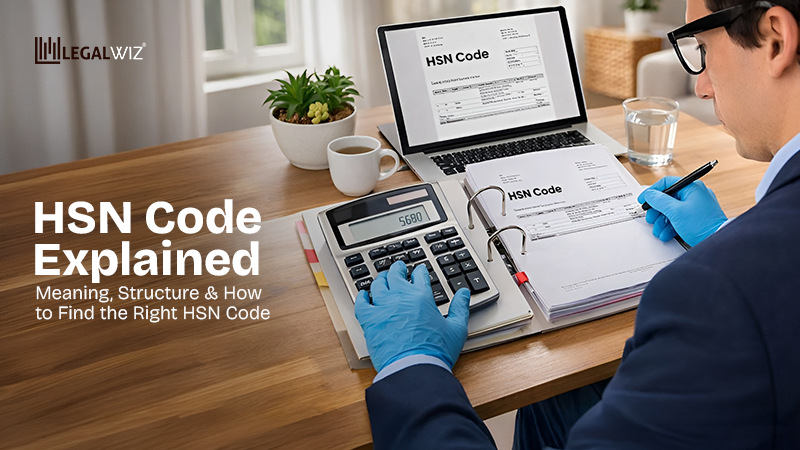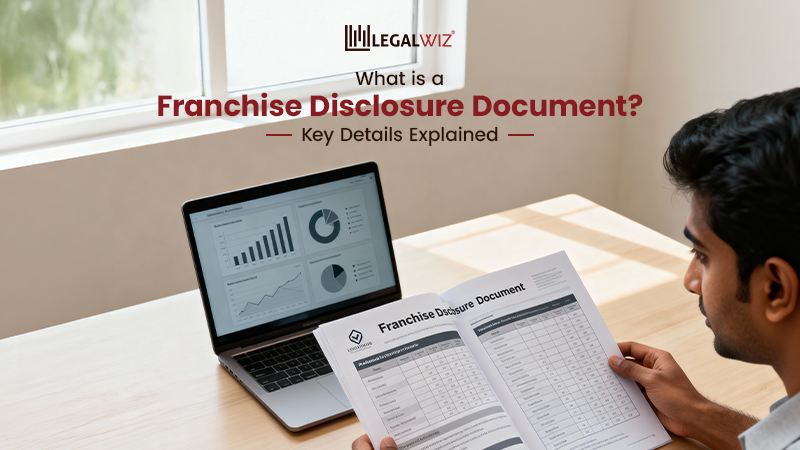Understanding NDA: Types and Important Clauses
What is a Non-Disclosure Agreement?
A Non-Disclosure Agreement (“NDA”) is an Agreement in which the Parties to it agree not to disclose the “Confidential Information” covered by the Agreement. An NDA is commonly signed between two parties that are planning to work with each other in the future and hence want to protect the vital information that has been shared during the discussions. It is also signed between parties that have finally decided to work with each other and do not want any information disseminated to the third party. Therefore, it is signed between companies, individuals, employer-employee which is called NDA for employees, and other entities.
NDA is also known as the Confidentiality Agreement, Secrecy Agreement, and a Proprietary Information Agreement.
Why is NDA Needed?
NDAs are needed to protect information such as client lists, proprietary information, sensitive business-related information, and trade secrets. No business owner would want their trade secrets or client lists to be known by their competitors and no employer would want their employee to leak their confidential information to any third party. In order to prevent such leakage of confidential information, one needs to safeguard their information with NDA. It would not be possible for a court to provide relief for confidential information disclosure if the party has not signed an NDA.
Especially for start-ups, NDA is essential in various scenarios such as;
- While presenting and sharing an invention or business idea to a potential investor, partner or distributor;
- Receiving services from another organization or entity which may have access to your sensitive data;
- While providing access to employees of confidential and proprietary information of your business in the course of their employment;
- During showcasing your product or services to a prospective client.
What are the Types of NDA?
NDA can be of three types:
- Unilateral NDA-It involves two parties but only one party discloses certain information to the other and wants to protect it from further dissemination.
- Bilateral NDA- It is also known as Mutual NDA. It involves two parties, and both parties disclose information to each other, and both intend to protect that information from further dissemination.
- Multilateral NDA-It involves three or more parties to enter the Agreement, out of which at least one party discloses the information to other parties and intends to protect the same form further dissemination. Instead of having two-three unilateral or bilateral NDAs one can have a single Multilateral NDA.
What are the Important Clauses in NDA?
1. Definition of “Confidential Information”
Meaning of Confidential Information has to be wide enough to cover all kinds of information under the heading. Tangible as well as intangible information can be covered under the heading. Only information which is already in the public domain and which is already in the knowledge of the Receiving Party cannot be called confidential.
2. Term of the Agreement
The term of the Agreement has to be mentioned, even after termination of the Agreement survival of the confidentiality obligations can be done in case of certain information such as trade secrets which are crucial for a business. In general, the term has to be between 2- 5 years.
3. Use of the information
Some parties restrict the disclosure of information within some limited employees or departments of the other party. The phrase to look upon is “need to know” in this clause. So basically, this clause states that the information provided should only be used for the purpose mentioned in the Agreement and the information should be circulated amongst people who have a “need to know”.
4. Exceptions to confidentiality obligations
An NDA must include certain exceptions to the confidentiality obligations. Such exceptions mainly include information disclosed during a legal process or an inquiry made by a judicial authority and information disclosed by a third party who has no duty of confidentiality towards the disclosing party.
5. Return of information
The receiving party is bound to return the information along with any derivative information and delete the same from their operating systems once the term of the NDA gets over.
6. Remedies in case of breach
Every NDA should have a clear clause stating that the aggrieved party will have the right to proceed legally in a certain prescribed manner in case of a breach. Monetary compensation is not sufficient in such cases therefore clauses related to indemnification to the aggrieved party and right to seek injunction have become very common.
7. Arbitration
An arbitration clause states that the parties will resolve their disputes through arbitration instead of getting into lengthy and expensive litigation.
8. Jurisdiction and Governing Laws
Different parties may belong to different nations and laws of different countries vary greatly. It is good to be clear and choose the set of laws that will be governing the Agreement. Along with the set of governing laws parties should choose the city whose courts shall be conferred with the jurisdiction in case of disputes between the parties.
Is it Mandatory to Get the Agreement Notarised?
An NDA need not be notarized by a public notary but stamp duty has to be paid on the same. Stamp duty rates can be checked in Schedule of the applicable Stamp Act as it differs from state to state.
Conclusion
Every business has its own plans, business processes, policies, plans, know-how, trade secrets, and such other sensitive information which it has developed with its hard work hence it needs to keep it confidential and restrict the dissemination of the same to any third party. A well-drafted NDA can help the business protect its sensitive information and only a good lawyer can help you draft a proper NDA. Hence, it is advisable to hire a lawyer for the same instead of downloading an online draft.

Nischay Nagarwal
Nischay is a lawyer by profession, with substantial background in Contract Drafting & Vetting. She earned her B.Com LLB (Honours) from GNLU in 2015. Her day-to-day at LegalWiz.in remains to protect client interests by drafting, reviewing & advising on various contracts & legal documents.







